ADHD, Depression, Anxiety? Or Is It Lyme Disease?
Posted on November 24, 2010 by Debra Burdick
Most of us in New England and certainly here in Connecticut have heard of Lyme Disease. It got its name from Lyme, CT as it was first officially identified there. There are certain geographic regions where Lyme Disease is more abundant but according to the International Lyme and Associated Diseases Society (ILADS), the disease is prevalent across the United States and throughout the world. ILADS states that Lyme disease is one of the fastest growing infectious diseases in the nation.
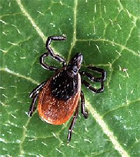 Lyme Disease is transmitted by the bite of a tick that is infected with the Borrelia burgdorferi spirochete. It often begins with a flu-like illness with fever, severe headache, sore throat and joint pain. If left untreated or treated improperly it can cause cardiac problems, meningitis, encephalitis and cranial neuropathies, eyelid droop, facial weakness, numbness or pain, shoulder droop, sensory distortions and other neurological symptoms. Some people experience arthritic symptoms in one or more joints.
Lyme Disease is transmitted by the bite of a tick that is infected with the Borrelia burgdorferi spirochete. It often begins with a flu-like illness with fever, severe headache, sore throat and joint pain. If left untreated or treated improperly it can cause cardiac problems, meningitis, encephalitis and cranial neuropathies, eyelid droop, facial weakness, numbness or pain, shoulder droop, sensory distortions and other neurological symptoms. Some people experience arthritic symptoms in one or more joints.
What your may not know is that Lyme disease may also cause or worsen brain based cognitive symptoms such as memory, concentration, word finding difficulties, ADHD-like symptoms, learning disabilities, obsessive compulsive disorder, crying spells, rages, depression, bipolar disorder, panic, anxiety disorder and psychoses. When Lyme disease affects the brain it is referred to as Lyme neuroborreliosis or Lyme encephalopathy and the person is usually totally unaware of its presence.
A study by Hajek et al, published in American Journal of Psychiatry(February 2002; 159:297-31) found that one third of psychiatric inpatients showed signs of past infection with the Lyme spirochete. ILADS found that even severe neuropsychiatric symptoms can be reversed or eliminated when antibiotics are added to the indicated psychiatric treatment.
One of my patients had been treated for unremitting depression with no relief from antidepressant medication. His extreme fatigue and lack of motivation due to tiredness had been diagnosed as symptoms of depression – which they are. His ability to concentrate was severely affected and his job performance was suffering. He spent much of his day sleeping which brought no energy. After he sought out a physician who specializes in Lyme disease and was put on an intensive round of antibiotics, the fatigue and all symptoms of depression completely went away and the ineffective antidepressant was discontinued. His symptoms had been misdiagnosed as depression but were actually caused by Lyme disease.
 Lyme disease is difficult to diagnose for several important reasons. First, less than 50% of all Lyme patients recall a tick bite. Secondly, Lyme disease often causes a bull’s eye rash which if present requires no further verification before starting treatment. But less that 50% of patients with Lyme disease recall ever having the rash. Thirdly, to add to the difficulty, many of the standard blood tests developed to detect Lyme disease have a high incidence of false negative results. Some of them show negative results even in the presence of the classic bull’s eye rash.
Lyme disease is difficult to diagnose for several important reasons. First, less than 50% of all Lyme patients recall a tick bite. Secondly, Lyme disease often causes a bull’s eye rash which if present requires no further verification before starting treatment. But less that 50% of patients with Lyme disease recall ever having the rash. Thirdly, to add to the difficulty, many of the standard blood tests developed to detect Lyme disease have a high incidence of false negative results. Some of them show negative results even in the presence of the classic bull’s eye rash.
Consider Lyme disease if there are cognitive changes, extreme fatigue, weight changes, intense headaches, fibromyalgia, multiple sclerosis, explosive rages, sudden mood swings, or ‘spider bites’. For children, think about Lyme disease if there are behavioral changes, fatigue, academic problems, learning disabilities, headaches, sore throats, migrating pains. The key here is to notice changes from prior functioning even if the change was gradual.
One of my adolescent patients had developed extreme irritability, fatigue, lack of motivation and poor concentration. His symptoms appeared primarily psychological and behavioral and the change in functioning raised the question of possible drug abuse. His mother sought counseling to help him as his motivation had decreased significantly and his school work started to suffer. After a full psychological assessment was completed his mother followed the recommendation to have her son evaluated for Lyme disease. After months long treatment with antibiotics, all of the symptoms completely resolved. Her son’s mood improved, irritability disappeared, motivation returned, and his ability to concentrate increased to normal levels. The key factor in this situation was the definite and significant change in her son’s functioning. In adolescents this may be a warning of sign of drug use. Or as it was in this case, a sign of Lyme disease.
Find a physician who specializes in diagnosing and treating Lyme disease. Many cases of Lyme disease are being missed by general practitioners without specialized training in Lyme disease. Specialists know which lab tests to use, which labs have the most reliable results, and when and how to treat Lyme disease.
Be sure to treat Lyme disease with appropriate antibiotics for at least two weeks to four weeks after symptoms have resolved. This may include a minimum six week trial of antibiotics. For late stage Lyme disease, this may involve longer term intravenous treatment with antibiotics. There is evidence that treating with antibiotics for too short a time may actually make things worse than if not treated. ILADS has published guidelines for the diagnosis and treatment of Lyme disease. For more information visit www.ILADS.org.
For important resources for diagnosing, treating and thriving with ADHD visit ADHD Resources.
I would love to hear your personal experiences with this topic.
Categories: ADHD, Anxiety, Articles, Depression, Pain, Sleep
Tags: ADHD, anxiety, depression, Lyme Disease



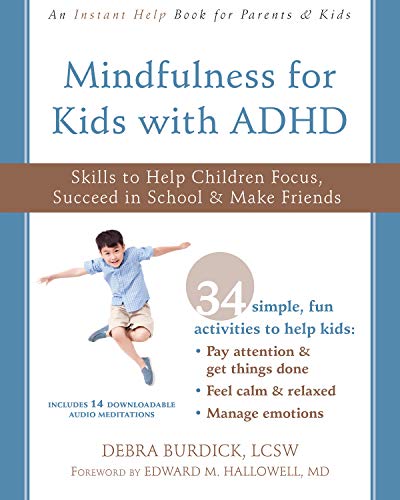
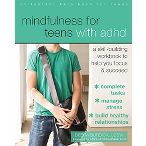
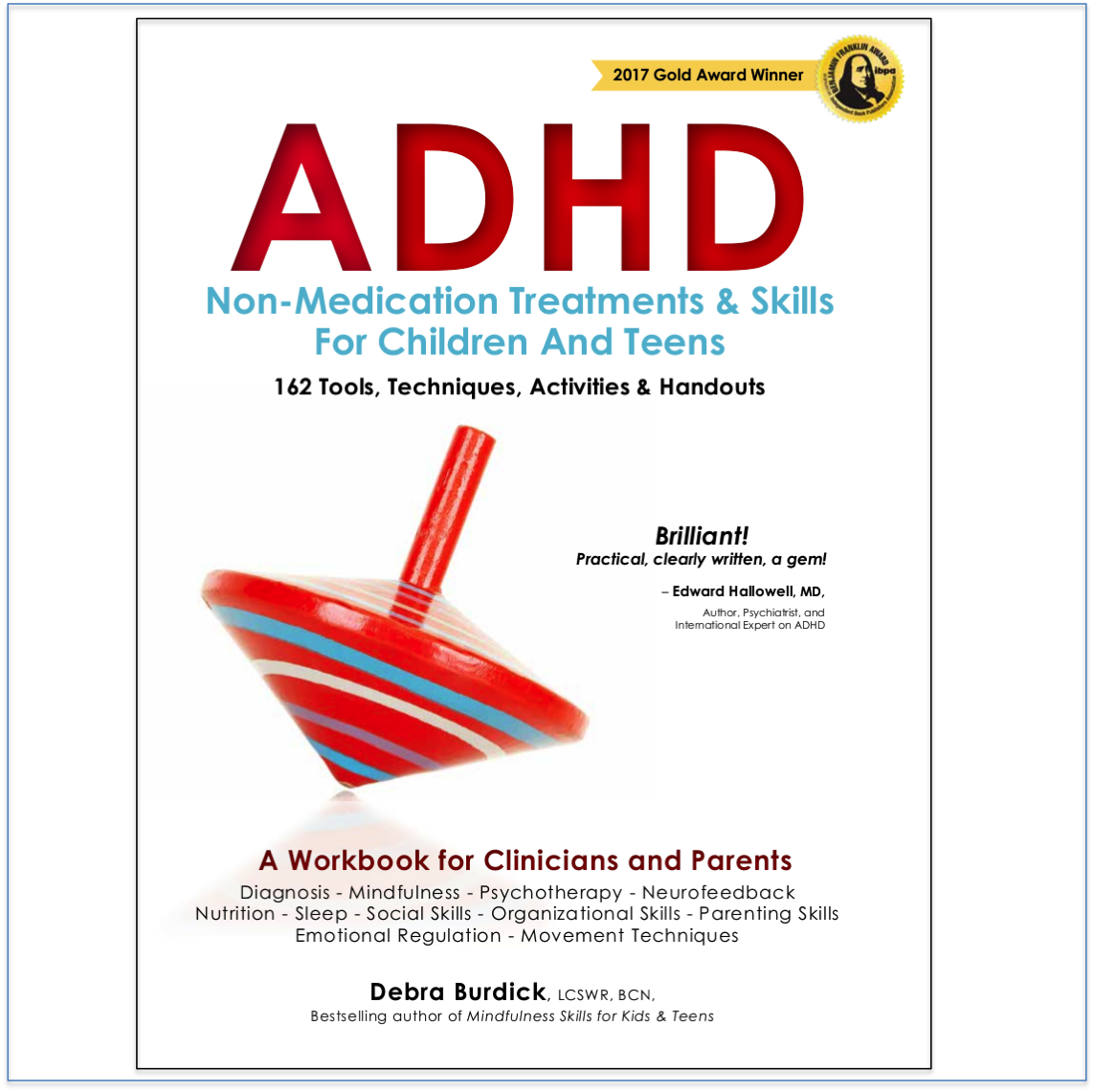
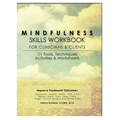


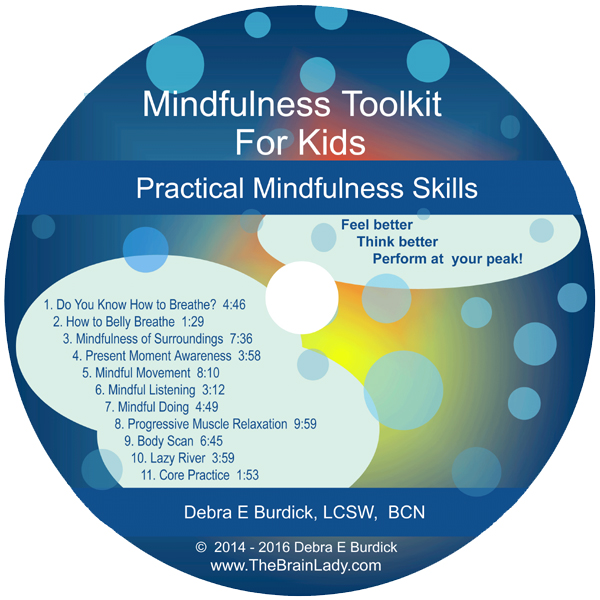
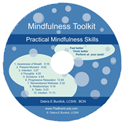
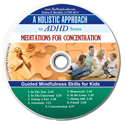


7 comments
Very interested in this topic . I am very driven in understanding this field.
I am a health practitioner based in North Lincolnshire in the UK . I use the Asyra Pro bioresonance testing equipment. This has detected Lyme in one of my clients.
One of my suggestions to put out there is to embark on a fasting cleanse (Spa Resorts , Koh Samui , Thailand)
Your body will undergo a scavenging process ( a long awaited secondary duty) , also to cleanse the whole gut of all the mucoid plaque and every organ .
All this is explained in a book , “Cleanse and Purify Thyself” , by Dr Anderson . Well worth a read and it strongly reminds us that the immune system is the most potent disease – fighting machine in existence.
Thanks for the info and the resource, David. Lyme Disease can be difficult to diagnose and can mascarade as many other things.
Warmly,
Deb
My adult son had a tick bite several years ago. He had none of the usually Lyme symptoms such as joint pain, fever, bulls-eye rash, etc. He did develop neuropsychiatric symptoms such as shaking hands, difficulty swallowing, problems with short-term memory. He was initially diagnosed and treated for a generalized anxiety disorder. Later he saw an ILADS MD and was found to have Lyme, based on a strongly positive Western blot. After several weeks of antibiotics, most of his neuropsychiatric symptoms have gone away and he no longer needs anti-anxiety medications.
Hi Emily,
Thanks for sharing your experience. I’m glad your son is doing better. Lyme disease has been implicated in numerous mental health disorders as well as being found in a large percentage of patients admitted to psychiatric hospitals.
Warmly,
Deb
My daughter was diagnosed with ADHD/depression anxiety and now I wonder if we missed a different diagnoisses. My husband was just diagnosed with Lymes and I see some of the same traits in my daughter. the question I have is it ever too late to diagnosis Lymes disease? My family are advent hunters and love being outside. Should I go ahead and test her? She is 18 and st college now.
Hi Heidi,
I am not an MD but it seems to me that it certainly couldn’t hurt to have her tested. Nothing to lose but the cost of the test. I have not heard of any time limit on getting the diagnosis. I’ve had clients who have had Lyme Disease for many years. If she was my daughter I would have her tested.
Warmly,
Deb
Hello,
My daughter was bit by a tick last July. No bulls eye, tick was not blown up, so it couldn’t have been on her long. She had a fever and stomach pain about 3-4 days later, for two days. Then a few weeks later, I noticed she was really emotional, over reacting, crying easily, acting very hyper. By the time we got in to see the doctor, she was having a hard time sitting still while awake, as was restless in her sleep – I even saw her hand shaking a couple times when observing her.
She was started on Banderol and Samento after biomarkers of Lyme and Babesia were found. Her symptoms resolved in a few weeks. It’s been about 6 months, but recently, in the past week, I’ve noticed her behavior being different again. Moody easily emotional, hyper active, not listening, being verbally rude/irritable, forgetful, poor concentration. This is out of character for her.
We live in SE Michigan. Are their Lyme literate doctors who accept insurance? She has insurance through the state which makes it very difficult to find a good doctor. I’m just asking incase someone knows. The place I have taken her for Lyme is good, but I have to pay out of pocket for everything. ($600 test, doctors visits, hundreds of dollars in medical supplements) It’s put a bit of strain on finances, so if I can find a good doctor who will accept her insurance it would be wonderful! Is there a list somewhere? Thank you!
The comments are closed.